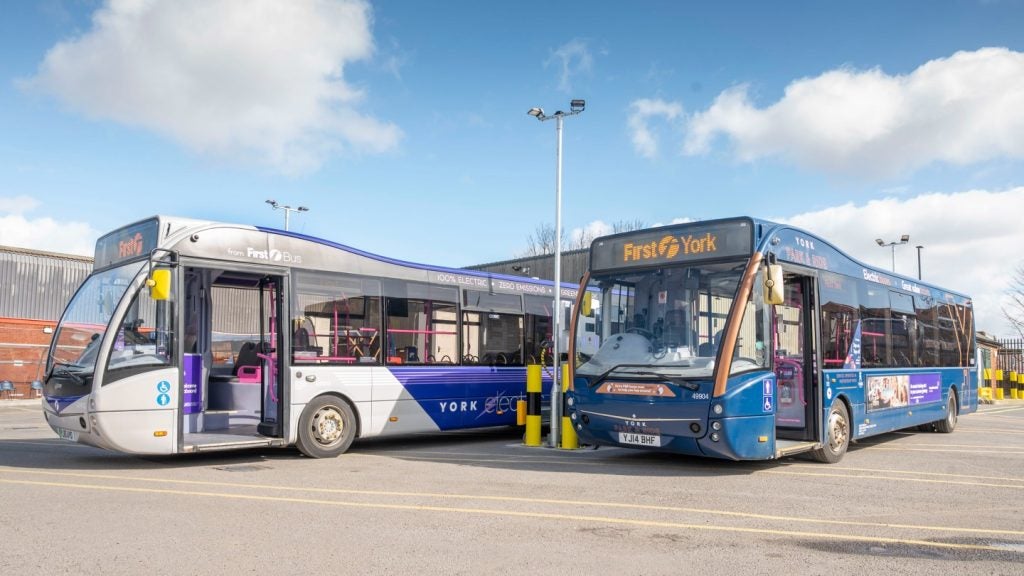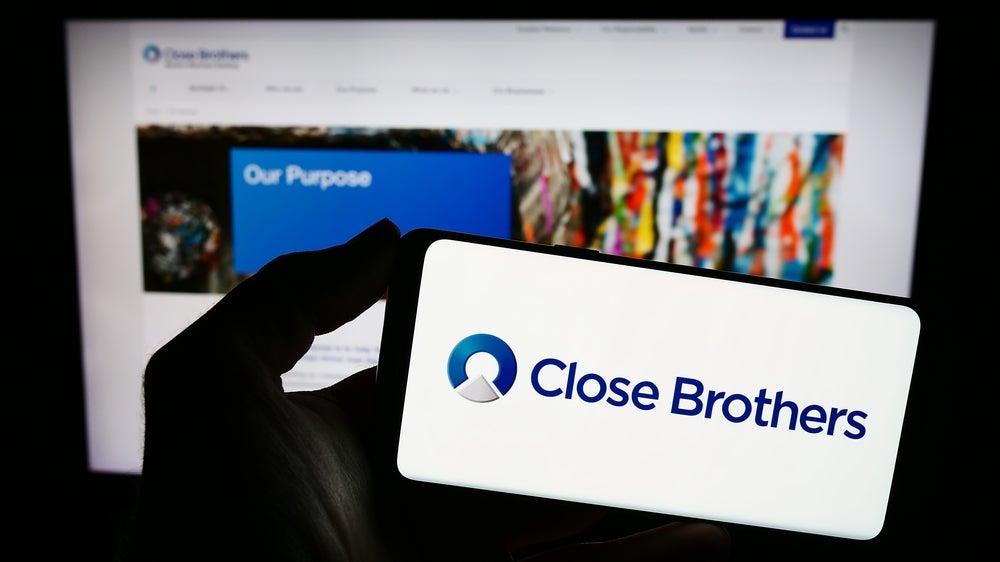2019 was an eventful year for the motor finance market, with the FCA flexing its regulatory muscles in a period of uncertainty and change for the market. Athena Chrysanthou monitors the stories that produced the most traffic on the MF website.
- VW to pass on costs of no-deal Brexit tariffs to consumers
Motor Finance reported in February that VW would be passing WTO and other tariffs associated with a no-deal Brexit onto consumers via an increase in car prices.
The company said all VW, Seat and Skoda cars ordered on finance and allocated to customers before 7 February would be honoured at existing prices, regardless of tariffs or levies resulting from Brexit. This meant it would carry the potential cost of importing a vehicle that was not in the UK but had been ordered by that date.
VW also said any car that was arranged for sale and was in the UK by 28 March would also have its price honoured. - FCA proposes commissions ban in motor finance update
In October, the FCA set out plans to ban discretionary commission models used by some car retailers and brokers in the motor finance market.
Increasing difference in charges (DiC), reducing DiC and scaled commission models were highlighted in the FCA’s review of the motor finance industry earlier in the year; the regulator said this was a “serious concern” for the market. According to the FCA, such commission structures “create an incentive for brokers to act against customers’ interests”. - MotoNovo calls for reinvention of motor finance market
MotoNovo chief executive Mark Standish called for a reinvention of the motor finance market in October, responding to the FCA’s consultation on discretionary commission.
Standish said the FCA recommendations point to fundamental changes in the commission model with a dealer’s capacity to set customer interest rates due to be banned.
He added that this was seen as a unique opportunity for the dealer’s sales and financing model to reinvent itself, making it trusted by and relevant to today’s informed and protected car buyer. - BCA launches cinch online used car platform
In July, British Car Auctions (BCA) launched the ‘cinch’ online platform for finding, buying and selling used cars.
Cinch was designed to raise the quality of leads passed to dealers and car supermarkets. Customers can search for used cars based on their lifestyle needs to find a vehicle from a trusted dealer network. cinch only lists cars under seven years old that have covered 70,000 miles or less.
Research conducted before the launch found that 26% of buyers do not feel confident in finding and buying a used car, with 31% saying that they find the process daunting. - Secure Trust Bank launches digital dealer platform
The V12 Vehicle Finance online dealer platform was launched by Secure Trust Bank in June, featuring wholesale finance, stock sourcing, retail funding and service financing. It was designed to help dealers source and fund vehicles through various physical and digital auction channels.
V12 partnered with Aston Barclay Group to integrate its proposition for dealers. The proposition was branded as Aston Barclay Stock Funding, offering wholesale and exclusive stock funding services to 6,000 Aston Barclay buyers. This includes 100% of the vehicle’s value, the delivery charge and refurbishment costs up to £1,000. - Evolution Funding receives PE investment, adds non-execs
UK motor finance broker Evolution Funding secured investment in February to support its expansion from private equity investor LDC.
The transaction saw LDC take a significant minority stake in the business, and was backed by acquisition finance facilities from Santander and Aviva investors.
The firm’s Evolve technology and digital customer journey is used as a point of sale in dealerships and online during the process of researching or purchasing a used vehicle, to deliver broker motor finance solutions from a panel of 34 funders. - Car dealer group Lookers under FCA investigation
One of the largest car dealer groups in the UK, Lookers, said it was under investigation by the Financial Conduct Authority (FCA) in June. The investigation related to activities in its sales processes between 2016 and 2019.
The Lookers board said it had uncovered “certain matters requiring review” in its 2018 annual report and accounts, of which it subsequently commissioned an independent review in December 2018 and shared this with the FCA. This revealed control issues within the sales process in the group’s regulated activities, Lookers said in a statement. - Heycar launches in UK
Following its launch in Germany in 2017, online marketplace for the used car market Heycar launched in the UK in August.
Backed by Volkswagen Financial Services and Daimler Mobility, Heycar launched with an inventory of more than 100,000 listed vehicles from over 50 automotive brands at 1,400 dealerships.
All vehicles listed on the platform come with a warranty, have less than 100,000 miles on the clock and are less than eight years old. Designed to overcome consumer scepticism of used cars, the online portal enables users to search for and find a used car, complete with a finance quote. - Barclays Partner Finance withdraws from motor finance market
In July it was revealed that Barclays Partner Finance planned to withdraw from the motor finance market following an internal strategic review. According to Barclays, the decision was commercial and followed a review which resulted in a strategic shift within the business.
A statement confirmed: “After a strategic review of its motor portfolio, Barclays Partner Finance has made a commercial decision to reduce its focus on motor point of sale finance.” - TDR Capital closes in on £1.19bn BCA Marketplace acquisition
In June, it was reported that private equity firm TDR Capital was in “advanced talks” to acquire BCA Marketplace, valuing the vehicle auction house at £1.9bn.
The Financial Times reported that the BCA board planned to unanimously recommend that shareholders accept the offer of £2.34 per share, representing a 25% premium on the closing price at the time. Shortly after the news of a potential takeover, BCA’s share price shot up from £1.95 to £2.37. - Moneybarn stays with Provident as £1.3bn takeover bid rejected
In February, subprime lender Provident Financial Group rejected a £1.3bn takeover bid from smaller lending group Non-Standard Finance (NSF), calling it an “irresponsible” approach.
A bid was made by NSF boss John van Kuffeler, who was previously Provident’s chief executive and chair of Provident Financial. NSF said a prospective deal was backed by more than 50% of its shareholders, including Neil Woodford, investment fund Invesco and Marathon. - Lookers CEO & COO step down as 15 dealerships face closure
In November, Lookers chief executive officer Andy Bruce and chief operating officer Nigel McMinn revealed that they would be stepping down from the board.
The announcement came after Lookers reported a challenging third quarter, with a 3.2% decline in like-for-like sales of new cars and a 11.5% decline in like-for-like sales to retail customers. Ongoing weakness in consumer confidence, pressure on used car margins and retail cost inflation were cited as reasons for the downturn in sales.
In response to market challenges, Lookers said it had accelerated its portfolio consolidation to improve the future performance of the group. Some 15 dealerships were identified for closure, while other sites faced relocation or consolidation into nearby dealerships.







